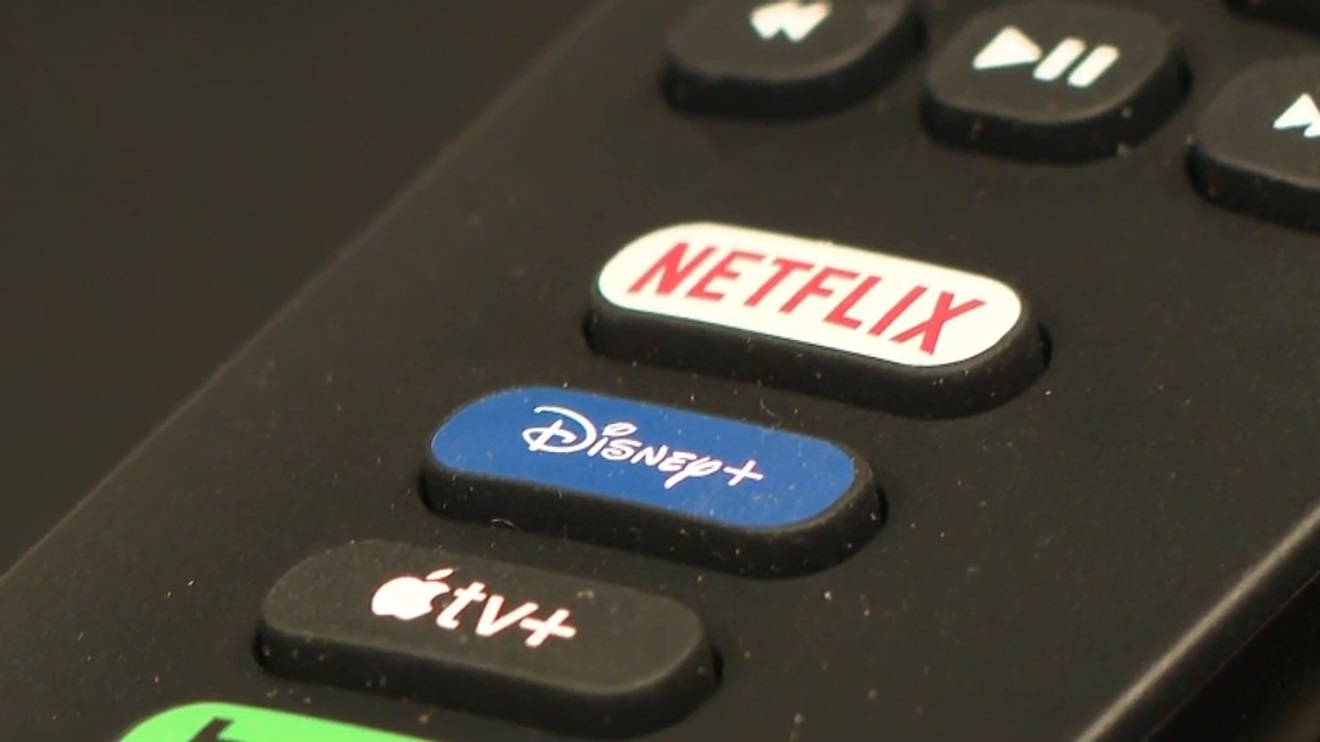Netflix and other streaming services like Hulu and HBO Max could soon face new financial burdens in Albany. Lawmakers in the Assembly are proposing a sales tax on these streaming services to generate funds for the financially troubled Metropolitan Transportation Authority (MTA).
The proposal includes a 4% surcharge on these services, potentially bringing in $100 million annually, according to the Assembly’s budget proposal. This new tax would appear on bills for services ranging from AppleTV+ to Paramount+.
Assembly Minority Leader William Barclay (R-Syracuse) criticized the proposal, stating, “A new tax on digital streaming services demonstrates how tone-deaf Democrats are to the affordability issues New Yorkers face.
We’re in a unique position of having strong revenues already coming into the state. But here we are, poised to add another tax that raises costs on millions of New Yorkers.”
The MTA faces a significant financial shortfall, needing $600 million this year and at least $1.2 billion next year, primarily due to decreased ridership following the COVID-19 pandemic.
This figure includes an anticipated transit fare increase to an estimated $2.90 per swipe this year, with another hike planned for 2025. A fare increase scheduled for 2021 was canceled due to the pandemic.
MTA budget documents indicate that this fare hike, along with similar increases in commuter rail prices and bridge and tunnel tolls, will generate an estimated $300 million annually.

Lawmakers have strongly opposed the planned fare hikes for subway and bus services and are pushing for an alternative solution. Expanding the state sales tax to include streaming services is intended to bridge this financial gap, according to Assembly supporters.
This proposal by the Democrats is seen as an alternative to Governor Hochul’s plan to raise payroll taxes to generate $700 million for the MTA. Notably, this proposal is not included in the state Senate’s budget response, nor has Governor Kathy Hochul endorsed it.
Governor Hochul supports increasing the state’s payroll tax on major downstate employers and requiring City Hall to contribute an additional $500 million annually for student MetroCards and paratransit services.
Meanwhile, the state Senate advocates for taxing corporate profits and compelling the City Council to implement a residential parking permit program, a move that has met with strong opposition from key Council members.
Andrew Rein, president of the Citizens Budget Commission, emphasized the need for the MTA to focus on efficiency and quality service.
“The reality is that the first order of business is to ensure the MTA is running efficiently and providing quality service,” Rein stated.
He urged lawmakers and Governor Hochul to demand that the MTA develop a plan to reduce its operating costs by up to $1.3 billion annually through labor work rule reforms and other efficiencies.







Leave a Reply